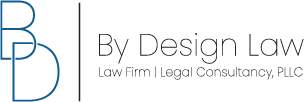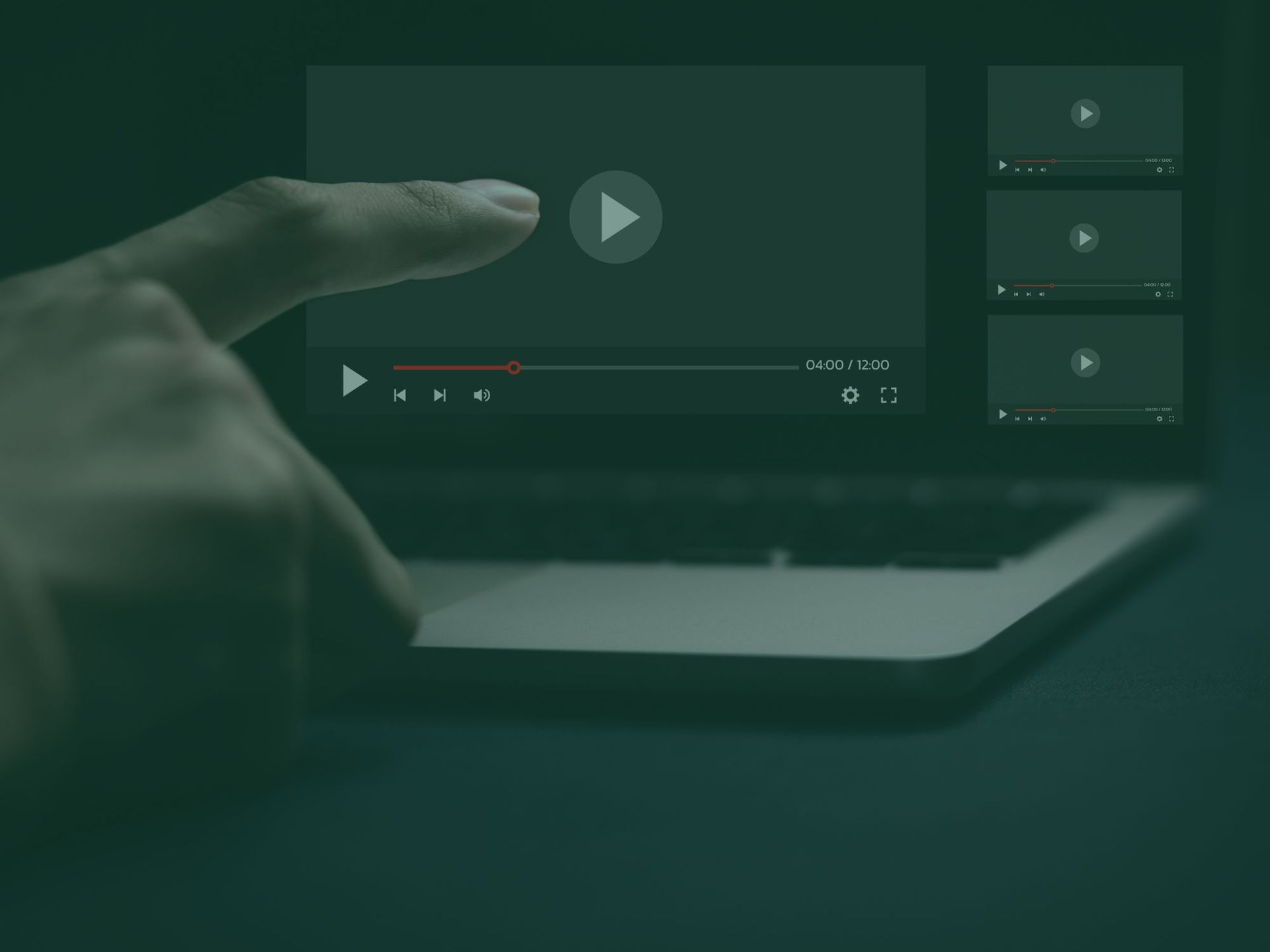Address
800 5th Ave, Ste 101-800
Seattle, WA 98104-3102
Contact
info@bydesignlaw.com
T: 206-593-1519 F: 206-649-1626
Software patents offer powerful protections — especially when crafted by a legal expert.
As leading intellectual property attorneys in Seattle, we understand the many complexities of navigating IP issues in a competitive marketplace. Visit By Design Law online to learn how we can help you achieve a superior protection strategy for your innovations.
Proprietary software has never been more valuable. As a software designer, programmer, or purveyor, it’s your responsibility to protect your intellectual property from theft and misuse. Numerous safeguards can help accomplish this, including software patents.
In addition to dissuading others from attempting to steal, co-opt, or otherwise misuse your software, a patent can provide you with legal recourse if another party succeeds in using your software for their own gain. However, not all patents are equally effective, which is why it’s important to work with an intellectual property attorney when designing yours.
As leading
IP lawyers in Seattle, we’re well-versed in the many nuances of patent law and can help you craft a top-tier protection software strategy so that you can continue to thrive in your innovations. In this article, we break down the importance of IP protection and provide 10 critical tips for navigating software patents in Seattle.
By Design Law provides custom-tailored legal solutions to innovators across the Seattle area. Need a top-tier IP protection strategy?
Schedule a consultation to explore your legal options.
But First—Why Is It Important to Patent Software?
In a global technology hub like Seattle, individuals and small companies must utilize every available resource to compete with the industry giants that surround them. Strong IP protections provide a critical foundation for software professionals to ensure continued growth. Software patents are essential to:
- Attracting investment opportunities and increasing a company’s valuation
- Generating additional revenue through licensing agreements
- Establishing a strong market position in specific technological areas
- Defending against lawsuits and deterring potential litigation
- Fostering innovation by encouraging documentation and disclosure of inventions
- Recruiting and retaining top talent
Rather than an exhaustive list, these are just a few of the many reasons it’s critical to patent your software, especially in a tech-centric city like Seattle. Because at the end of the day, patents aren’t just about legal protection—they are part of a larger business strategy that can influence a company’s trajectory, positioning, and culture.
1. Understand the nuances of software patent eligibility.
If you’re considering a software patent, it’s important to understand that not all software is eligible to be patented. To qualify for a patent, your software-based invention must meet specific requirements, and your patent application must be written very carefully. Your software may be patentable if you can demonstrate that it improves computer functionality in some way or offers a unique solution to a computing challenge. An experienced legal professional can help you determine your eligibility.
2. Thoroughly document your development process.
You can improve your chances of being approved for a software patent by thoroughly documenting your development process. This includes keeping detailed records, such as design documents, code commits, notes with collaborators, etc. Any pertinent documentation can provide crucial evidence of your software’s novelty and support your development timeline.
3. Emphasize technical solutions in your application.
The quality of your application can make or break your patent approval, which is why many software developers work closely with a lawyer to draft it. One of the key components of a successful application is an emphasis on your invention’s ability to solve a technical problem with a technical solution. This helps establish your software’s practical application and contribution.
4. Consider diversifying your patent claims.
In the context of a software patent application, the claims define the scope and extent of the patent’s protection. A software patent can include various types of claims, including method claims, system claims, computer-readable medium claims, and more. By diversifying the types of claims in your patent application, you can provide a broader protection for your unique software.
5. Be mindful of how you use open source.
Whereas a patent gives you the right to exclude others from using your invention, an open-source license grants broad usage rights. As a result, pursuing a patent for software that incorporates or interacts with open-source components can be a complex undertaking. If your software includes open-source components, it’s important to understand how their licenses might affect your patent rights or obligations.
6. Consider using visual aids in your application.
To successfully patent your software, you’ll need to clearly explain its purpose and unique contributions in your application. However, this can be a daunting task—especially if your software is highly complex and requires specialized knowledge to understand. Visual aids such as diagrams and flowcharts can be extremely helpful in clarifying complex processes and can help you convey your software’s distinctive and functional attributes to patent examiners.
7. Monitor competing technologies in your field.
Until the moment your patent is granted, your application is vulnerable to competing technologies in your field. It’s important to closely monitor related patent filings, product releases, and technical advancements in your field. Monitoring the competitive landscape can help you identify and circumvent potential patent infringement issues early on.
8. Design a patent enforcement strategy.
Submitting a successful patent application is only the first step in protecting your software. Knowing how you will enforce your patent or defend against infringement claims is just as important. This includes understanding the associated costs, venues for litigation, alternative dispute resolution mechanisms, and scope of your legal rights. Planning your enforcement strategy now can help you deter infringement and position you for legal success.
By Design Law: Top Software Patent Attorneys in Seattle
For software developers in Seattle, patents provide innumerable benefits and protections. However, securing patent approval isn’t always easy, and in some cases, proves exceptionally difficult without legal assistance. If you are embarking on the patent application process, it’s important to understand you don’t have to do it alone.
An experienced IP lawyer can help draft and submit your application, appeal a rejection, enforce your legal rights, and much more. When you need a custom-tailored legal strategy to protect your innovations, By Design Law is here for you.
Contact us online to get started.
T: 206-593-1519 | F: 206-649-1626
Copyright © 2024. By Design Law Firm & Legal Consultancy, PLLC. All Rights Reserved. Designed by JLT Web Solutions.





